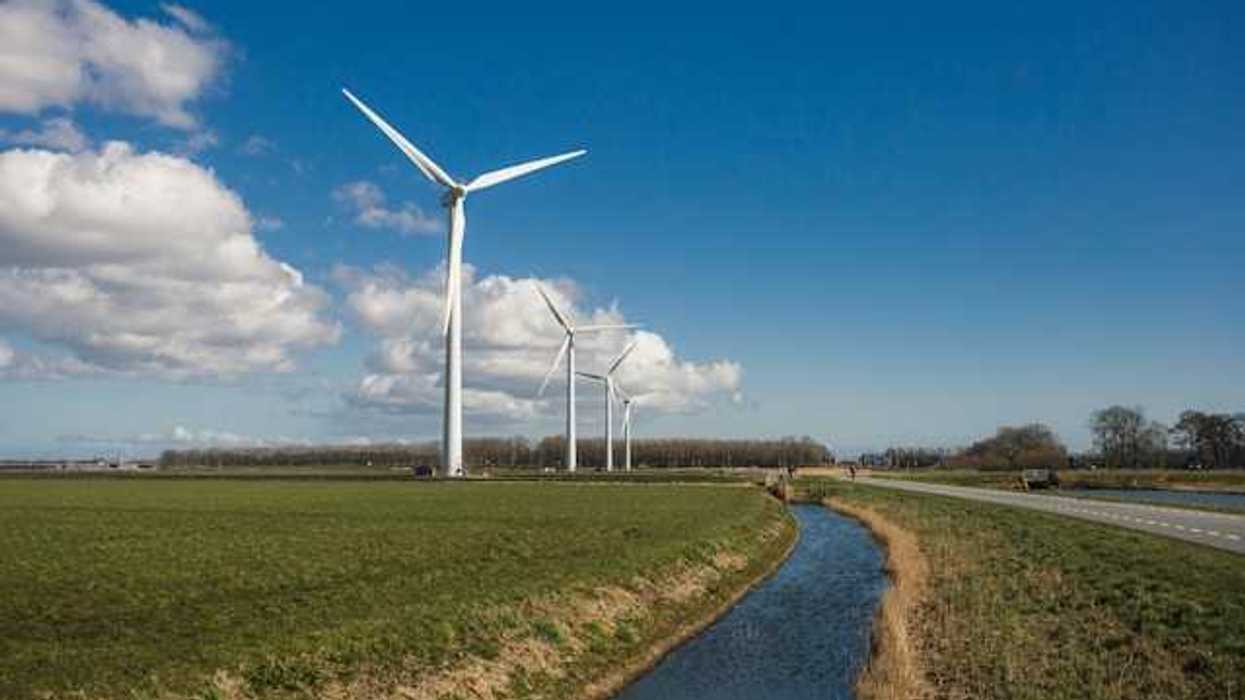Tribal nations across the U.S. face bureaucratic hurdles that prevent them from fully benefiting from renewable energy projects, risking billions in lost revenue by 2050.
Taylar Dawn Stagner reports for Grist.
In short:
- Tribal lands, despite ideal conditions for renewable energy, are hindered by federal regulations preventing full control over resources.
- A University of Wisconsin-Madison study predicts tribes could lose $19 billion by 2050 due to these barriers.
- Many tribes prioritize sovereignty over energy market participation, focusing on environmental stewardship and self-governance.
Key quote:
“We have a social responsibility to the land to keep it clean, to only take what we need. We must maintain our sovereignty first. We have the right to govern ourselves.This allows us to honor and preserve our culture and our way of life.”
— Virginia Vanderband, Gun Lake tribal council member
Why this matters:
Many tribal nations with significant renewable energy potential are constrained by outdated federal policies. Without reform, these tribes risk missing out on critical economic opportunities while fighting to protect their cultural autonomy.
Related coverage:














